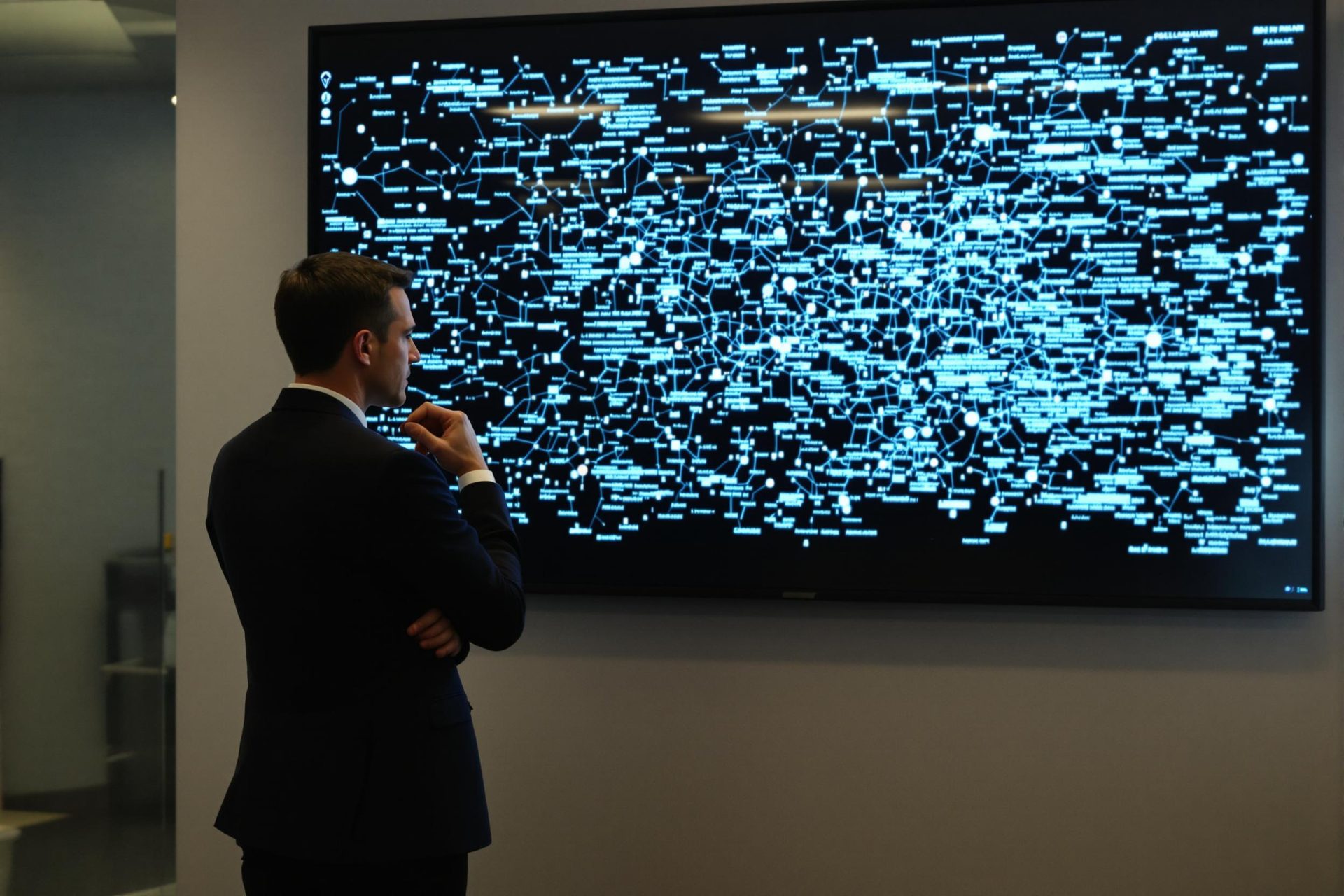Key Takeaways
- Prominent venture capitalist Marc Andreessen believes artificial intelligence can transform almost every job.
- However, he argues that AI will not be able to replace venture capitalists like himself.
- Andreessen describes venture capital as an “art” requiring human intuition, especially for groundbreaking, high-risk ventures.
- Some executives already trust AI for business advice, and AI excels at pattern recognition, a skill used in investing.
- The article explores whether AI could make funding decisions more merit-based, challenging traditional VC practices.
Marc Andreessen, a towering figure in the venture capital world and cofounder of Andreessen Horowitz (a16z), is a strong proponent of artificial intelligence. His firm has backed major AI players like Elon Musk’s xAI and Sam Altman’s OpenAI. Andreessen sees AI as a powerful tool, capable of enhancing human and machine capabilities significantly.
Despite his enthusiasm for AI’s potential to automate many tasks, Andreessen believes one profession will remain firmly in human hands: his own. He recently suggested on an a16z podcast that venture capitalism might be a “timeless” field, one of the last standing when “AIs are doing everything else.”
Andreessen’s reasoning, as detailed by Business Insider, centers on the idea that picking winning startups is a unique human skill. He challenges AI enthusiasts, asking why, with all their analytical power, they can’t simply use AI like Claude or ChatGPT to identify the best investments.
He likens venture capitalists to talent scouts in industries like book publishing or movie studios, who operate where entrepreneurs undertake high-risk, high-return endeavors. The key, Andreessen argues, is not just funding but also working closely with founders to execute their vision. “That’s art. That’s not science,” he stated.
This stance seems to contrast with the broader AI narrative, which often includes AI’s creative potential. Andreessen himself once suggested AI could “save comedy.” Yet, he anecdotally supports his claim by pointing out the relatively low success rate of even top VCs, perhaps implying that if it were a science, success rates would be higher and more consistent.
However, recent data suggests a shift in perception. A survey by SAP found that 75% of C-level executives at large companies believe AI already offers better business advice than their peers, and 38% trust AI for business decisions. This indicates that the very people Andreessen serves are starting to see AI as a competent advisor.
Furthermore, the article in Business Insider questions the actual value added by VCs, suggesting that current AI, particularly large language models, excel at identifying patterns in large datasets—a core function in picking investments.
The piece acknowledges a skepticism about AI’s ability to replicate high-level human critical and creative thinking. But it also points out that historically, many artisanal jobs were automated even if the automated output was sometimes inferior. Andreessen’s desire to see his role as unique is understandable.
If AI were to take over venture capital, it might analyze data without the human biases that have historically favored certain demographics in funding. An “AI VC” could potentially make decisions based on different criteria, perhaps prioritizing societal benefit or broader economic inclusion.
Ultimately, while Andreessen may be right that no machine could perfectly replicate *him*, the broader functions of identifying and funding promising ventures might indeed be susceptible to AI’s growing capabilities.



